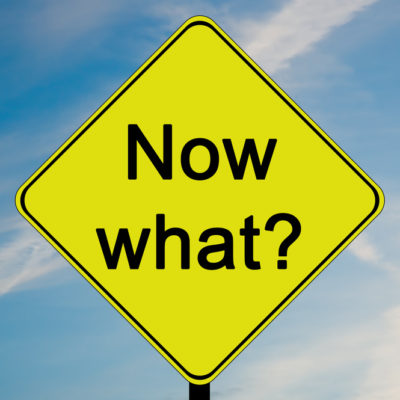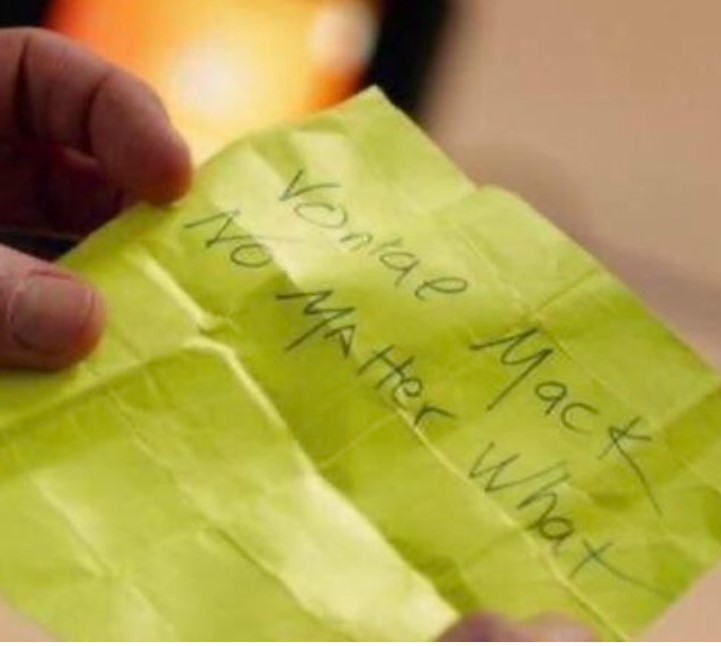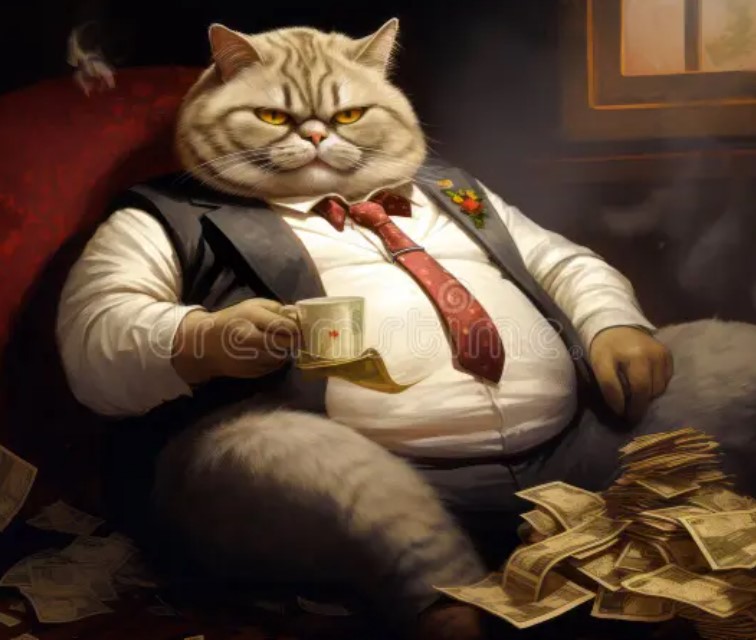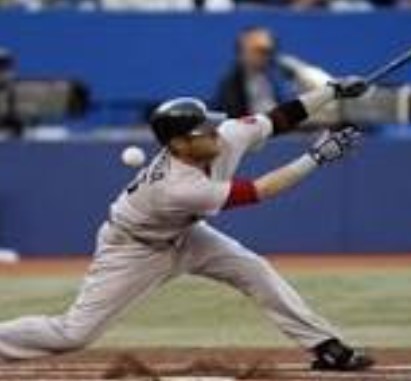Was it just this week that we had a federal election? Or was it this week that we had an all-out revolt in the Alberta-leading (un)United Conservative Party? Or was it both. It’s been a thing hasn’t it? Our fearless leader Justin Trudeau tripped over the finish line first in the least interesting election in Canadian history, the implications of which I will discuss below.
Mere days later, Jason Kenney, Premier of Alberta, found himself the subject of a potential non confidence vote that he deftly avoided by running over his underling, former Health Minister TyTy Shandro with a duly outfitted diesel bus and by getting another sycophant to insist any non confidence vote couldn’t be secret ballot, a surprising position to take given his historical support for secret ballots for unionization drives. Almost like the “intimidation” that he feared for the poor union worker doesn’t apply in the boiler room of a caucus meeting.
But then again, I don’t work in politics so what do I care?
Meanwhile, almost as if to poke a stick in the eye of the self-proclaimed “greatest ever issue of our times”, otherwise known as climate change, energy prices (all types) globally are running out of control. Gas (fuel) is being rationed in the United Kingdom. The price of electricity is the highest it’s ever been in Europe and natural gas is in short supply and it isn’t even winter yet. Asian LNG prices are through the roof and gallon of gas in San Francisco costs a decidedly unamerican $4.49. Wind and solar prices continue to reverse their declines, investment in fossil fuels is still stagnant and coal plants are firing up around the world as the desire for cheap energy trumps all.
As Mike Tyson once famously said, everyone has a plan for the energy transition, until heating season starts and we realize that we aren’t there yet.
Apologies to all my earnest green friends, if this is the energy transition at work, I think I will gladly sit this one out.
Anyway, back to politics just for a bit. Then I will finish with some energy stuff, just because and, to keep you committed to reading the whole deal, a little surprise at the end.
So Justin Trudeau has won. What does this mean policy wise and for himself and all the other party leaders.
First off, he will be presiding over a minority parliament, the second in a row. In fact, the seat count is super close to what it was before the election and would have tracked remarkably close to my prediction if I hadn’t transposed my NDP number resulting in 27 additional seats hitting the total.
Secondly, notwithstanding his grandiose claims of a clear mandate, it is clear that the Liberal Party of Canada could rename themselves the Urban League, with a majority of their seats coming from major cities and quite thin in rural regions. While the geographic dispersion suggests that they could claim to be a national party, coming in second in vote count and missing giant swathes of the country. Vancouver, Toronto and Montreal may contain more than half the population of Canada, but flyover country matters.
With a minority parliament, theoretically you need to play nice in the sandbox, but I don’t really see much of that coming, not with the opposition parties in lick your wounds mode. That said, since no one wants another election too soon, the onus is on the opposition parties to hold the government to account without triggering a confidence vote that would result in an election call. For this reason, there will me more diplomacy and maturity required. I know that’s a lot to ask, but one can hope.
What’s Next – The Leaders
It’s hard to come out and say a winning leader is on their way out, but I’m going to anyway. I find it extremely unlikely that we will see Justin Trudeau in another election as the leader of the LPC. His signature policies – $10 daycare, legalized marijuana and a robust climate plan – all appear to be solidly in place and that means that he has nothing to run for again except ego and hubris. Yes, I know. But no. No prime minister has ever been elected to a fourth term. Why bother. Every party needs fresh blood and if he stays that much past his best before, someone will push him out or he will lose his best and brightest who will see no upward progress for themselves.
Erin O’Toole actually acquitted himself pretty well. By the end of the election period he was nowhere near as scary as I thought he would be and his style, while completely uninspiring, is sufficiently middle of the road Canadian as to grow on you. He’s a pair of comfortable slippers. While there are vocal minorities raging on the sidelines about the need to replace him, it just feels that a third divisive leadership race is unneeded, especially since the last one gave us Derek Sloan and Maxime Bernier. Enough already. In a country that appears to be trending to the middle, allowing a moderate leader to be replaced by a more strident right wing gadfly (like a Pierre Poilievre) seems likely to have the opposite effect and make the CPC unelectable. O’Toole fought a majority polling Liberal Party to a draw and maintained the popular vote lead even with the scare-mongering tactics of the LPC fully trained on him, a neo-nazi fringe party nipping at his heels and raging dumpster fire planted firmly in his safest provinces. Give the guy a break. He has earned a second election.
Jagmeet Singh I think is done for the NDP. The third time will not be the charm for him. He is the most popular federal leader but that doesn’t translate into seats. He doesn’t play like a government in waiting, the electorate knows this and the results reflect that. He can’t out-Liberal the LPC and whenever he tries, they just steal his good ideas and post negative comments on his TikToks. It’s time for a fresh start. Remember Mulcair got dumped and he won more seats!
For the Bloc Quebecois, I see little change. They are the horsefly of Canadian politics and serve a valuable function for the Quebec provincial government, allowing them to be as provocative as they like while maintaining cover in the House of Commons. These interests are well-served by Yves Blanchet who as leader is sharp, likable and 100% committed to his mandate – the extraction of concessions for his home province.
The Greens should rename themselves the Reds with all the bloodshed that is about to come their way. They lost and won seats and lost a colossal amount of support. That a lot of this support went to the PPC should tell you what you need to know about your fringe party voters. Annamie Paul was already on the outs as leader heading into the election, the campaign was terrible and they did nothing but disappoint potential new supporters with their whackadoodle policies on anything not related to the environment.
The People’s Party of Canada will remain around in some form, with Mad Max Bernier’s ego supported by anti-vax, anti-immigrant, anti-everything nutjobs. That we managed to give them such an outsized platform during this election is a cross that Justin Trudeau should be forced bear for eternity. Why? Because he called the election.
Apparently there was a thing called the Maverick party. They’re done.
Policy – what’s next?
Climate Change
The climate will continue changing under the new Liberal minority government. As a result, the Liberal climate plan, which was actually the most complete among all the parties will continue to be implemented. The carbon tax will increase, for better or worse, along with energy prices. The one piece of the plan that seems somewhat problematic is the proposed cap on emissions from the oilsands which represents a perceived intrusion on provincial jurisdiction. Even if the cap is set at the theoretical 100 MT level that the Notley green plan had envisioned, this will serve as an electoral cudgel to be used by Jason Kenney to whip up anti-Ottawa and Trudeau sentiment across Western Canada and, as with all cudgels, just end up dividing the country even more. I recently read that the path to true carbon reduction is comprised of thousands of boring incremental actions. At some point the government has to give the policies they’ve implemented time to work and stop poking energy producing provinces in the eye with gimmicks.
Daycare
This signature policy of the prior Liberal minority is going to be completely implemented by the time this new Liberal minority is taking its final bow – even Alberta is likely to be onside by then. It’s hard to argue that $10 a day daycare is a bad thing for families of any economic circumstance and pretty much critical for lower income families. All the parties had some form of daycare plan. This one will work just fine, doesn’t actually cost that much in the great scheme of federal dump trucks of cash and, while it is really a policy targeted to a very specific group, anyone who has or will have a family at some point will benefit from this. Even employers will benefit as their employees will be more available, less stressed and thusly more productive.
Abortion and Gun Control
These “issues” which are completely unrelated and were not even an afterthought going into the election will be safely packed away in the Liberal tickle trunk until they are required to steamroll the Conservatives and cynically save the Liberal Party from itself in the next election. That voters continue to fall for the same demonization tactic in election after election is a testament to both the LPC’s ability to surf wedge issues to power and the Conservatives concurrent inability to keep their kooks in check and actually develop an appropriate response to charges that all they want to do is turn Canada into some dystopian combination of Texas and Gilead.
Housing Affordability
No party really had any great ideas on how to address the massive issue of housing affordability. The Conservatives promised to add 1 million housing units using fairy dust and the Liberals countered with a proposal to add 1.5 million units though a combination of voodoo and unicorn farts. At least these promises acknowledged that the real problem in housing is a supply issue. Unfortunately, the Liberal platform also contained a whole bunch of misguided policies that is fully implemented would counterintuitively actually serve to increase demand, facilitate further increases in prices and needlessly target sectors of the market that aren’t actually a source of the problem, which is lack of supply and free money.
Policies that should bever see the light of day include the implementation of more tax free savings accounts, increasing the federal contribution to downpayments, lowering the threshold on insurable mortgages, any form of principal residence tax (the proposal currently targets “flippers” who are actually already taxed) and a 2 year ban on new foreign home ownership (like seriously, WTF? This is less than 1% of the market and the problem ones probably 1% of that). On the other hand, reforms to bidding processes that artificially inflate prices are a good thing.
But let’s have a quick reality check. Inflation, runaway energy prices, increasing taxes on everything and a 50 basis point increase in interest rates are all that are needed to crash the housing market. And all these factors will come to a confluence long before any of the above policies will be fully implemented.
The Just Transition
This of course refers to the Liberal Party mantra that if only Alberta, Saskatchewan, Newfoundland, NE BC and the energy workers of Canada trust them implicitly, a fair and reasonable transition from being an energy worker to the fry guy at McDonald’s will be taken care of by the federal government and no one will be worse off because the renewable world magically employs the same amount of people and creates a disproportionate amount of jobs for displaced oil and gas workers. Of course, as we all know, this kind of molly-coddling, kumbaya nonsense about the government’s ability to smooth the transition to a “renewable economy” is nothing but 100% bullshit. The transition is going to be hard, it’s going to hurt hundred of thousands of well-paid Canadians and it’s going to be an absolute and unmitigated disaster for national, regional and local economies. Don’t let anyone tell you otherwise. The people who think it is going to be easy or fair are primarily pundits who don’t work in the industry or they are people who live in government fantasyland. You don’t work to shut down what represents more than 10% of the country’s GDP and exports and expect it to be an easy ride. That’s just stupid. Can we not for once be honest with people? The end.
Taxing the Capital Gains on Principal Residence Sales
This is not a Liberal Party policy. But the fact that it is being discussed so openly and relentlessly tells me it is coming. Not with a Liberal minority. But if there were to be a majority, you can count on it. My advice is to anyone sitting on a pile of equity in your home is to figure out a way to monetize it before the inevitable comes to pass – create a family trust and sell it to the trust, anything. Come to think of it, that act alone could be enough to reverse the home price frenzy.
Monetary Policy
I think by now we know that at the very least Justin Trudeau doesn’t think about monetary policy. This won’t change.
The Balance of the Liberal Policy Book
To be honest, I didn’t really care enough about this election about nothing to get too deep in the weeds on anyone’s platform. The Conservative platform was detailed but too gimmicky and the Liberal platform, when I downloaded it, had so many pictures of Justin Trudeau in the first 20 pages that I actually had to stop reading it. I assume it’s full of airy promises to “move us forward, together”. So good luck with that.
Apologies for the boring election debrief. It’s been a week and next week is the Q3 review of my fearless forecast and I’m really excited to see how my commodity forecasts are doing. So I’m guilty of looking ahead.
Stay tuned!









